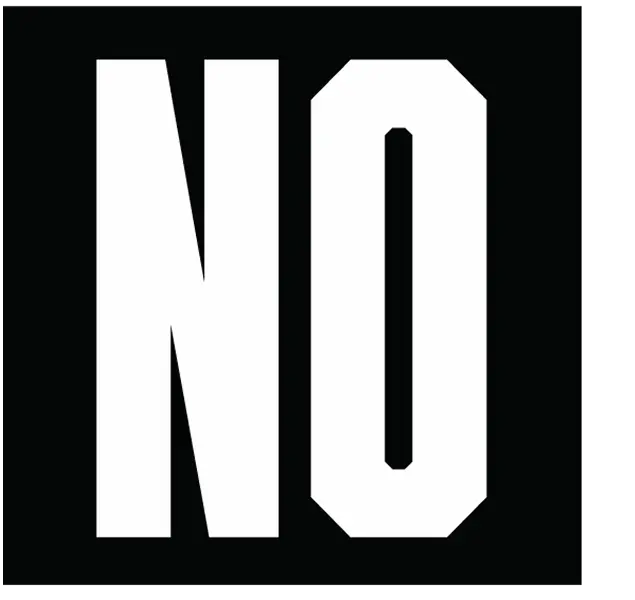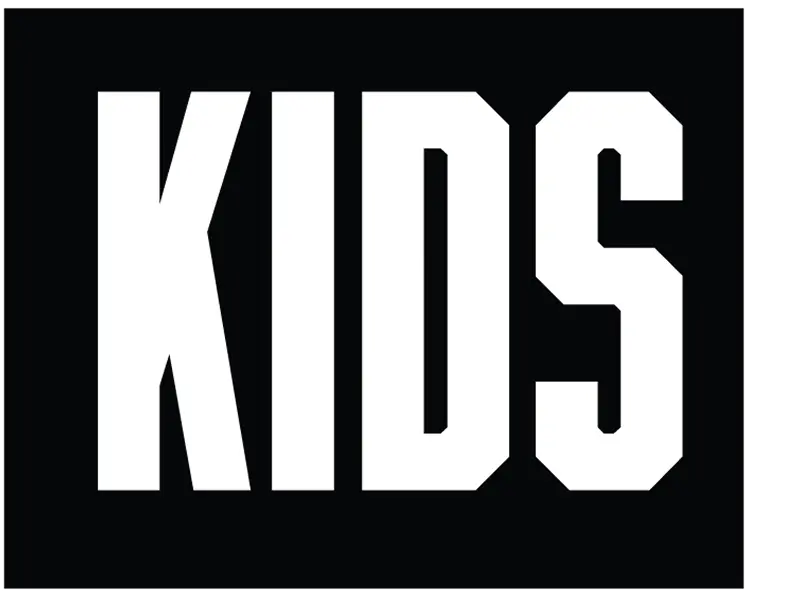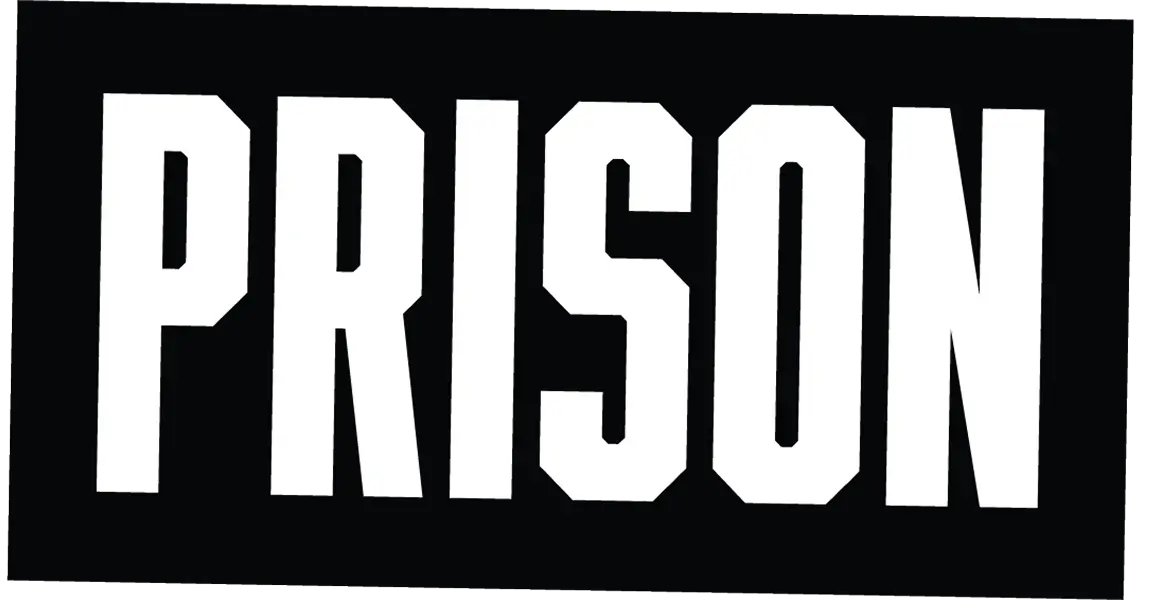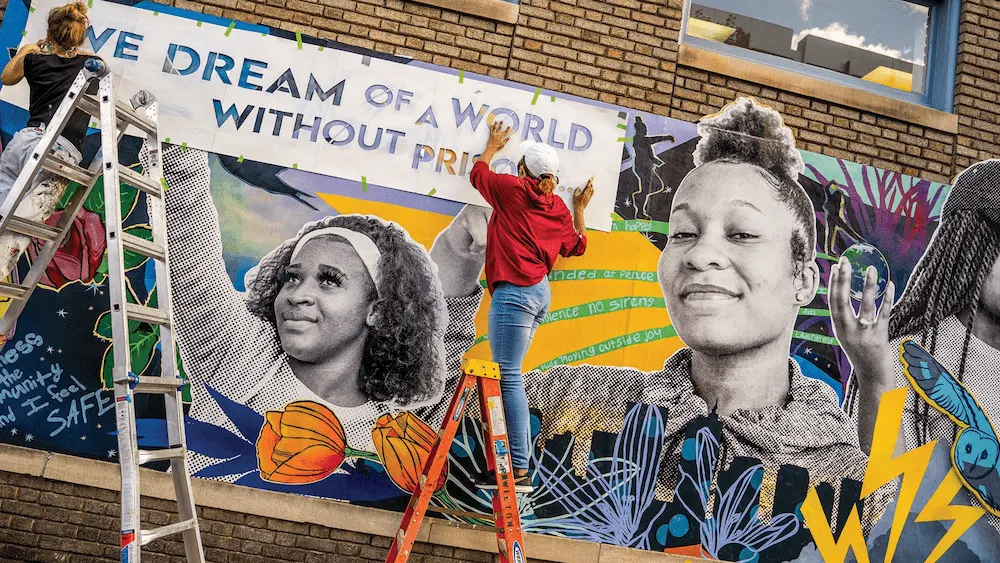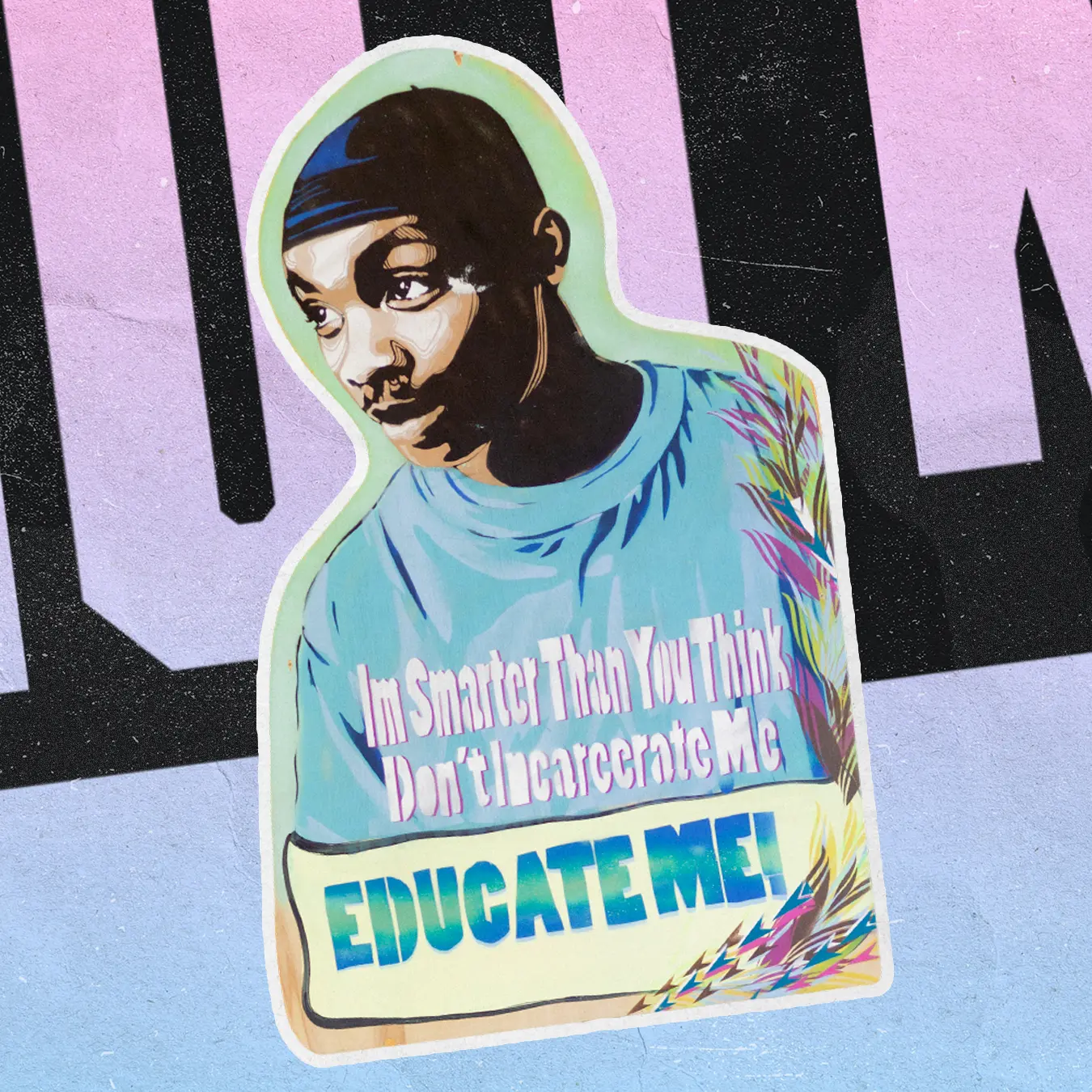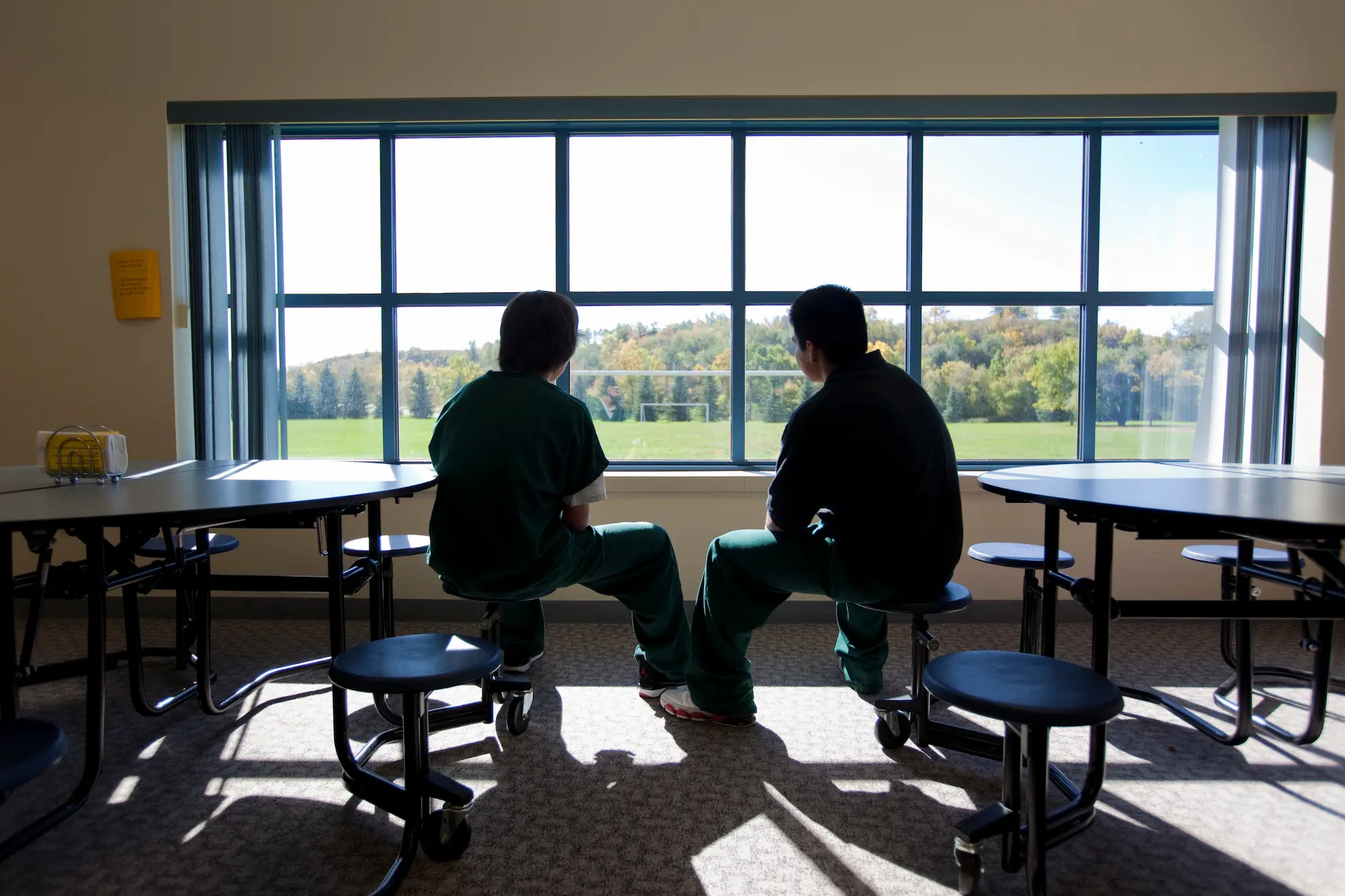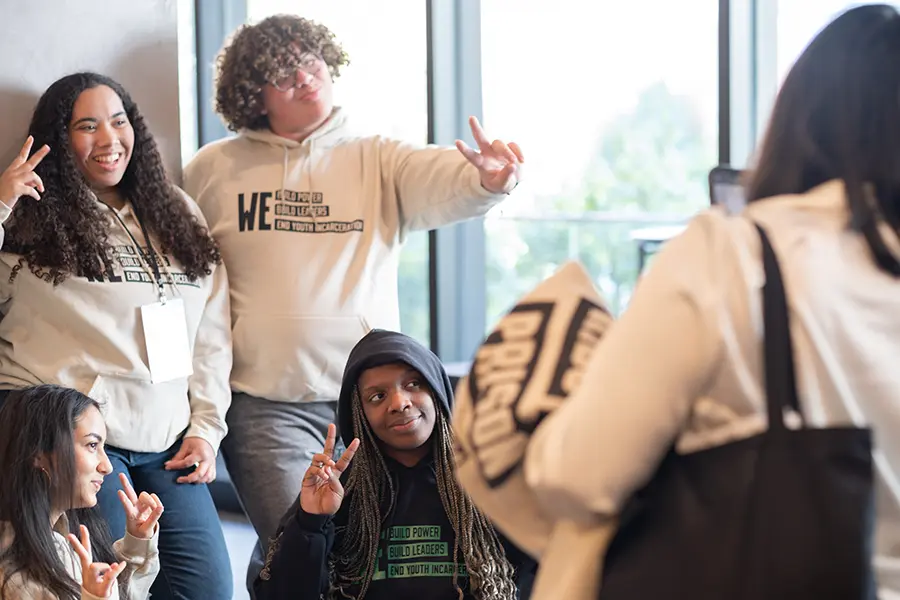Invest In Youth
Today in the United States, the kids are not okay.
More than 34,000 young people are locked up inside facilities every year where they experience violence instead of justice, neglect instead of care and stagnation instead of growth. They are isolated from family, loved ones and community to the tune of more than $200,000 taxpayer dollars per child. That’s 1250% more than we spend on average to educate a child, which is around $16,000.
Youth and communities thrive when society prioritizes keeping families and support networks together.
Our nation’s entire system of youth incarceration is predicated on the disruption and deconstruction of the family unit — the most integral and fundamental institution of a society. Our youth prisons are globally recognized as the most inhumane in the world, with widespread physical, sexual and emotional abuse. The research is clear: Youth prisons don’t do what they’re supposed to do, and they don’t make our communities safer. They’re an unjust, ineffective money pit siphoning tax dollars from the public that could be better invested in solutions centered around the strengths of our families and communities. Would you invest millions of dollars in a system with such a poor track record?

WHAT DO WE WANT? WHAT ARE WE CALLING FOR? READ OUR VALUES AND PRINCIPLES HERE.
Public safety is possible, and at a much better price point. When young people make mistakes and cause harm, society should respond by providing them the chance to repair the damage they have caused while also healing the community and their own trauma. We want to see resources reallocated to the places where young people live. Instead of being removed from their communities, our babies need access to resources to thrive: people who care about them, the chance to learn in well-funded schools with high-quality learning opportunities, and access to spaces and activities that allow them to explore, grow and develop their gifts (i.e. sports, arts, trades and business). With the right support and opportunities, every kid is capable of change regardless of their mistakes.
Despite this fact, we continue to see our government and states double down, calling for more punitive measures, more facilities to cage kids, and more taxpayer dollars to fund a failed operation. Lawmakers want to be ‘tough on crime,’ while detention facilities consistently report staffing shortages, extended use of isolation and lockdowns, lack of education and other programming, and rampant violence and escape attempts.
The solution isn’t ‘better’ youth prisons – the problem is youth prisons in the first place. Our vision is of a world with #NoKidsInPrison. That means no young people are put in carceral settings, including jails or prisons (juvenile and adult), detention centers, and private and state-run placements.
We support the following solutions:
Keep Young People Home and with Their Communities
- Close youth prisons and end the ineffective, antiquated and harmful approach used by most states to incarcerate youth
- Do not build, expand or invest in new juvenile correctional facilities (including placements or for detention), or separate facilities designed to house youth charged as adults
- Prohibit the placement of children under 18 in adult jails and prisons, or youth prisons, for any reason
Divest from Youth Incarceration + Reinvest in Communities
- Create fiscal incentives and/or funding streams for states to reduce the use of out-of-home and correctional placements for youth
- Require savings from reductions in out-of-home placement to be directed to evidence- and community-based alternatives that focus on restorative justice and violence prevention
- Redirect resources from youth prison closures to community-based alternatives, youth programming and services in their communities
- Create a federal fund to help counties start community-based, non-residential programs
Are you with us? Endorse our demands if you agree.
